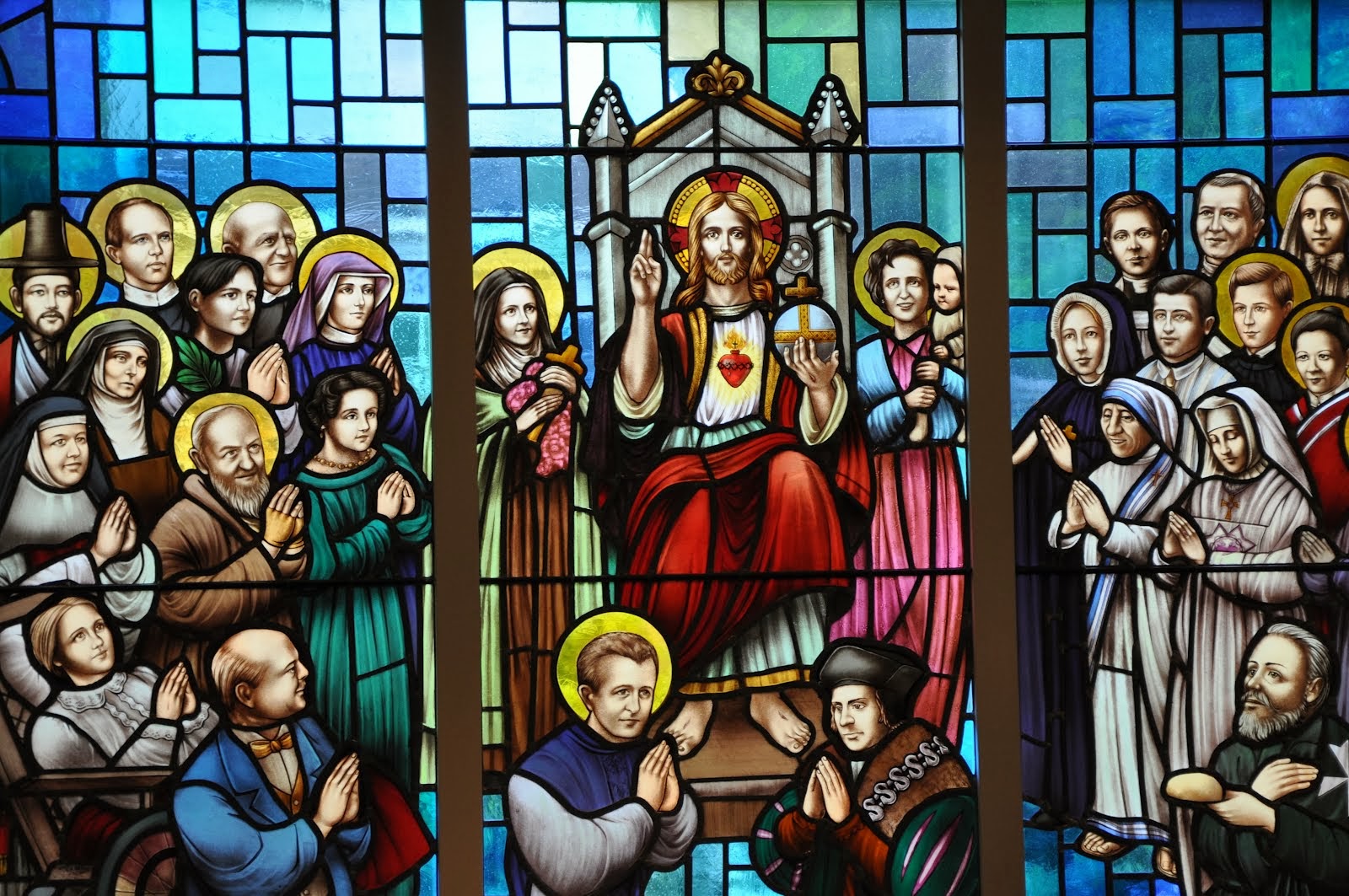
“For the Churches which have been planted in Germany do not believe or hand down anything different, nor do those in Spain, nor those in Gaul, not those in the East, nor those in Egypt, nor those in Libya, nor those which have been established in the central regions of the world. But as the sun, that creature of God, is one and the same throughout the whole world, so also the preaching of the truth shines everywhere, and enlightens all men that are willing to come to a knowledge of the truth.” St. Irenaeus (2nd century)
“The Truth is like a lion. You don’t have to defend it. Let it loose. It will defend itself.” St. Augustine of Hippo (4th-5th centuries, Doctor of the Church)
“He who does not speak the truth freely also betrays it, for it must by freely spoken; also he who does not defend it boldly, betrays it, for it must be boldly defended.” St. Thomas Aquinas (13th century, Doctor of the Church)
“By the grace of Your presence may we feel no lack of You because of the sad state of Christianity, and on that account may we never harm by evil the pure Truth, which is You Yourself, O God, in Whom all truth is seen.” Bl. Margaret Ebner (14th century)
“I firmly hold, then, and shall hold to my dying breath the belief of the Fathers in the charism of truth, which certainly is, was, and always will be in the succession of the episcopacy from the apostles. The purpose of this is, then, not that dogma may be tailored according to what seems better and more suited to the culture of each…age; rather, that the absolute and immutable truth preached by the apostles from the beginning may never be believed to be different, may never be understood in any other way. I promise that I shall keep all these articles faithfully, entirely, and sincerely, and guard them inviolate, in no way deviating from them in teaching or in any way in word or in writing. Thus I promise, this I swear, so help me God.” Pope St. Pius X (19th-20th centuries)
“Truth is powerful…What a power truth is! Indeed, an eternal, divine power…No one can change any truth. One can seek the truth, find it, accept it and bring one’s life into harmony with it.” St. Maximilian Kolbe (19th-20th centuries)
“All the evils which poison men and nations and trouble so many hearts have a single cause and a single source: ignorance of the truth – and at times even more than ignorance, a contempt for truth and a reckless rejection of it. Thus arise all manner of errors, which enter the recesses of men’s hearts and the bloodstream of human society as would a plague. These errors turn everything upside down: they menace individuals and society itself.” Pope St. John XXIII (19th-20th centuries)
“What is tolerance? Tolerance is an attitude of reasoned patience towards evil and a forbearance that restrains us from showing anger or inflicting punishment. But what is more important than the definition is the field of its application. The important point here is this: Tolerance applies only to persons but never to truth. Intolerance applies only to truth but never to persons. Tolerance applies to the erring; intolerance to the error.” Ven. Fulton Sheen (19th-20th centuries)
“O my Jesus, You know that I have gotten myself into a lot of trouble for speaking out the truth. O truth, so often oppressed, you nearly always wear a crown of thorns! O Eternal Truth, support me that I may have the courage to speak the truth even if it would come about that I would pay for it with my life.” St. Faustina Kowalska (20th century)
“The Supreme Good and the moral good meet in truth: the truth of God, the Creator and Redeemer, and the truth of man, created and redeemed by Him. Only upon this truth is it possible to construct a renewed society and to solve the complex and weighty problems affecting it, above all the problem of overcoming the various forms of totalitarianism, so as to make way for the authentic freedom of the person.” Pope St. John Paul II (20th-21st centuries)
“You cannot take a vote on the truth.” Pope St. John Paul II
